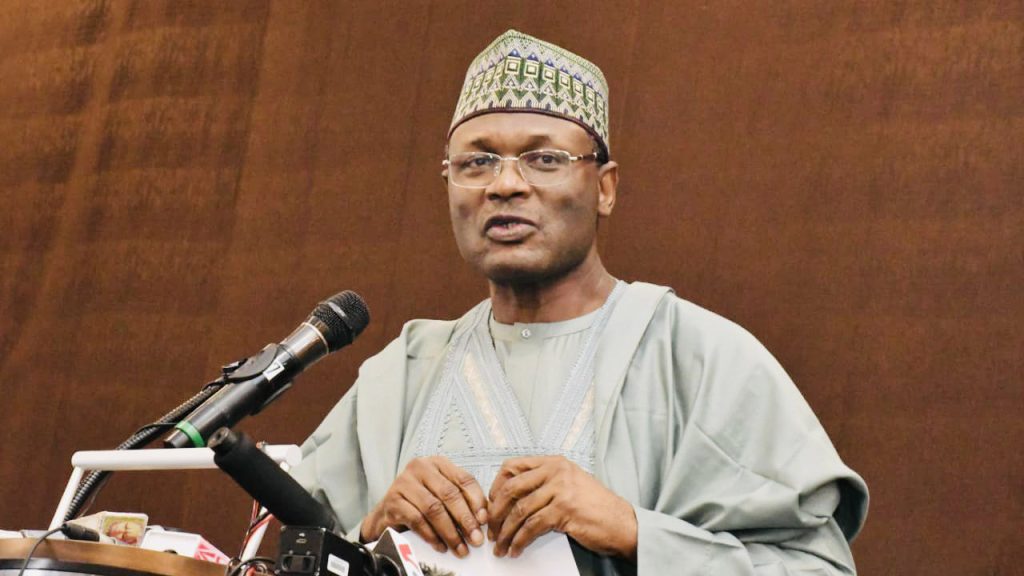
By Uche Amunike
The London-based independent policy institute, Chatham House, has said that after analyzing the general election held in Nigeria on February 25, 2023, their findings remain that the Nigerian presidential election results are a pointer to the fact that the Independent National Electoral Commission (INEC), failed to conform to its own guidelines, especially the policy of uploading the results in real time.
Recall that INEC declared the candidate of the All Progressives Congress, Bola Tinubu, winner of the fiercely contested presidential poll, Wednesday, a verdict which has been rejected by the opposition parties, making them seek redress in court.
According to the presidential candidate of the Labour Party, Peter Obi, his reason for approaching the court was to overturn the Nigerian presidential election result which contrasted with the real figures, all of which he claimed to have the locus to defend in court. The candidate of the Peoples Democratic Party (PDP), Atiku Abubakar also led a protest in challenge of the results presented by INEC.
An Associate Fellow that writes for the Chatham House, Dr Leena Koni Hoffman noted that the Nigerian presidential election results disenfranchised so many people on the election day. Even though the country boasted to have the biggest electoral number of voters in Africa with 93.4 million votes, only a little less than 25 million votes were considered valid during the Presidential poll of February 25.
Hoffman wrote that from the announcement made by the INEC Chairman, Mahmoud Yakubu, Bola Tinubu polled 8.87 million votes which was one third of the total votes; Atiku Abubakar polled 7 million votes, while Peter Obi polled 6 million votes.
His words: ‘The INEC’s performance and controversies over these results mean that the electoral reforms and lessons declared to have been learned were not fully applied and, as an electoral body, it was significantly less prepared than it claimed.’
‘The logistical failures of INEC and widespread delayed opening of polling units meant that voters who showed up at the polls early were frustrated and many voters and INEC staff were not able to locate their polling units for several hours.’
He decried the level of irregularities witnessed during the polls and also the violence meted out on Nigerians as they queued up to vote in the rain.
Hear him: ‘Less than half of eligible voters could participate in the elections, despite the commission’s N305 billion budgetary allocation. While Nigeria’s youth seemed energised leading up to the elections, it seems their ability to turn out is still being hugely constrained by how difficult and potentially dangerous it is to cast a vote in Nigeria.’
‘The INEC’s performance and controversies over these results mean that the electoral reforms and lessons declared to have been learned were not fully applied.’
‘At just 25.7 per cent, the elections have the lowest recorded turnout of any election since Nigeria returned to democracy in 1999, despite being the most expensive. These dwindling numbers highlight how Nigeria’s politics and state institutions continue to exclude rather than include.’
